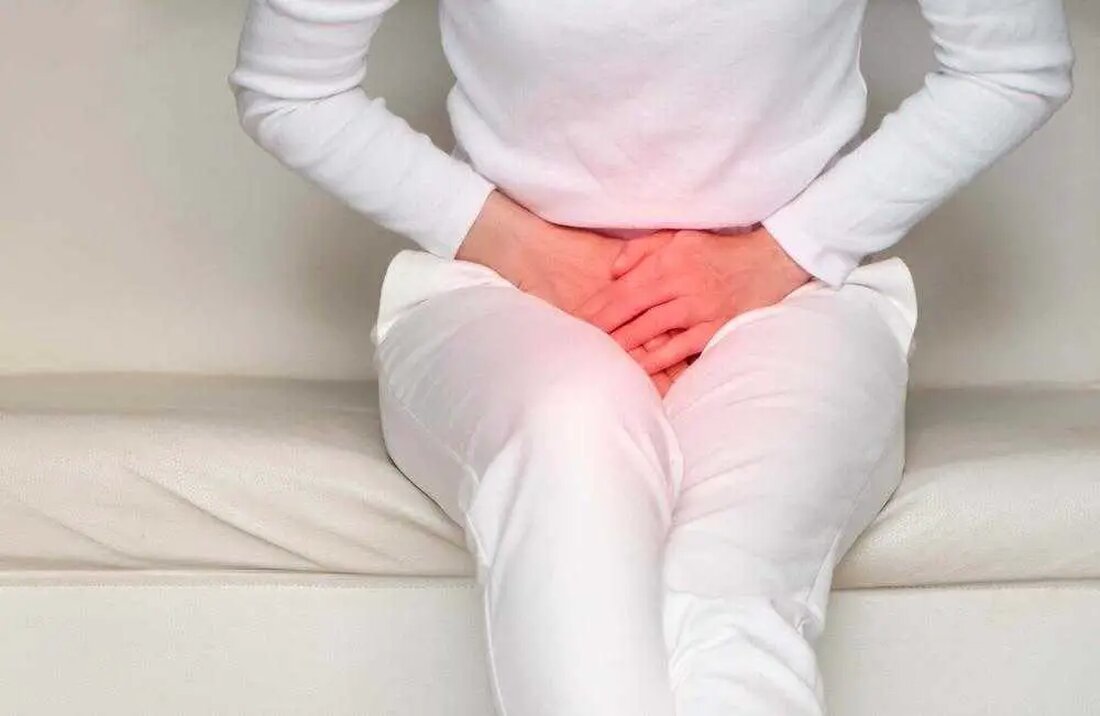Study from Harvard University shows that 45% of women suffer from bladder incontinence
A recent study by Harvard University found that 45% of women suffer from bladder leakage. This can lead to embarrassment and a reduced quality of life for many women. Bladder weakness can be caused by two main types of incontinence: stress incontinence and urge incontinence. In this article, we will explore the causes and complications of bladder weakness and provide effective remedies for strengthening the pelvic floor muscles and improving bladder control. Causes and Complications of Bladder Leakage: Bladder leakage is often caused by a weakened pelvic floor, which is a group of muscles that support the bladder, intestines, and uterus. The …

Study from Harvard University shows that 45% of women suffer from bladder incontinence
A recent study by Harvard University found that 45% of women suffer from bladder leakage. This can lead to embarrassment and a reduced quality of life for many women. Bladder weakness can be caused by two main types of incontinence: stress incontinence and urge incontinence. In this article, we will explore the causes and complications of bladder weakness and provide effective remedies for strengthening the pelvic floor muscles and improving bladder control.
Causes and Complications of Bladder Leakage:
Bladder leaks are often caused by a weakened pelvic floor, which is a group of muscles that support the bladder, intestines, and uterus. The pelvic floor muscles are essential for controlling bladder and bowel movements. When these muscles are weakened, women may experience stress incontinence, which occurs when urine leaks during activities that put pressure on the pelvic floor, such as laughing, sneezing, coughing, jumping, or exercising. Women with urge incontinence may feel a strong urge to urinate and leak before they reach the bathroom. You may also need to urinate frequently during the day and night.
In addition to embarrassment and discomfort, bladder leakage can also lead to more serious complications such as urinary tract infections (UTIs), skin irritation, and even depression. Women who experience bladder leakage may also become more isolated and avoid social situations, which can affect their mental health and overall quality of life.
Bladder Leakage Remedies:
Fortunately, there are several effective bladder weakness remedies that can help strengthen pelvic floor muscles and improve bladder control:
- Kegels: Kegel-Übungen beinhalten das Zusammenziehen und Entspannen der Beckenbodenmuskulatur, um ihre Kraft und Kontrolle zu verbessern. Studien haben gezeigt, dass regelmäßige Kegel-Übungen die Symptome von Stress- und Dranginkontinenz deutlich verbessern können. Um Kegels auszuführen, drücken und halten Sie einfach die Muskeln, die Sie verwenden würden, um den Urinfluss für einige Sekunden zu stoppen, und lassen Sie sie dann los. Wiederholen Sie diese Übung mehrmals über den Tag verteilt.
- Stehen: Einfaches Stehen und Aufstehen kann helfen, den Beckenboden aktiv zu halten und einer Atrophie vorzubeugen. Auch Spaziergänge und Bewegung im Laufe des Tages können helfen, die Beckenbodenmuskulatur zu stärken und die Blasenkontrolle zu verbessern.
- Richtige Ernährung: Eine ausreichende Zufuhr von Kalium und Magnesium in Ihrer Ernährung kann helfen, die Kontraktion der Beckenbodenmuskulatur zu verbessern und die Blasenkontrolle zu verbessern. Zu den kaliumreichen Lebensmitteln gehören Bananen, Avocados und Süßkartoffeln. Magnesium kann über die Haut aufgenommen werden, indem man ein Magnesiumspray auf Taille, Bauch und unteren Rücken aufträgt.
Bladder weakness affects a significant number of women and can lead to embarrassing situations and more serious complications. By understanding the causes and complications of bladder weakness and incorporating effective remedies such as pelvic floor exercises, standing, and proper nutrition, women can strengthen their pelvic floor muscles and improve bladder control. Don't let bladder weakness stop you from living your life to the fullest.
Sources:
- Bladder Control Problems in Women: Pelvic Floor Disorders.“ Harvard Health Publishing. Harvard Medical School, August 2018.., (Link entfernt)
- Urinary Incontinence in Women.“ Mayo Clinic. Mayo Foundation for Medical Education and Research,, (Link entfernt)
- The Importance of Potassium in Your Diet.“ American Heart Association. ., (Link entfernt)
- Magnesium for Athletes.“ National Center for Biotechnology Information., (Link entfernt)

 Suche
Suche
 Mein Konto
Mein Konto
